First predicted in 1956, scientists have stumbled upon a massless, neutral particle that does not interact with light, colloquially named the “demon particle”.
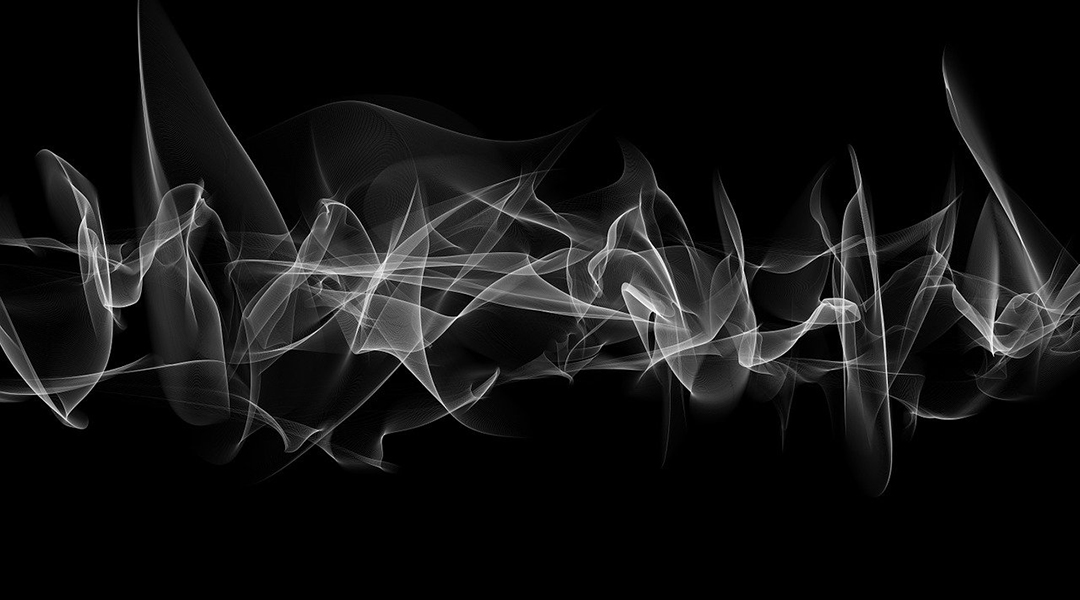

First predicted in 1956, scientists have stumbled upon a massless, neutral particle that does not interact with light, colloquially named the “demon particle”.
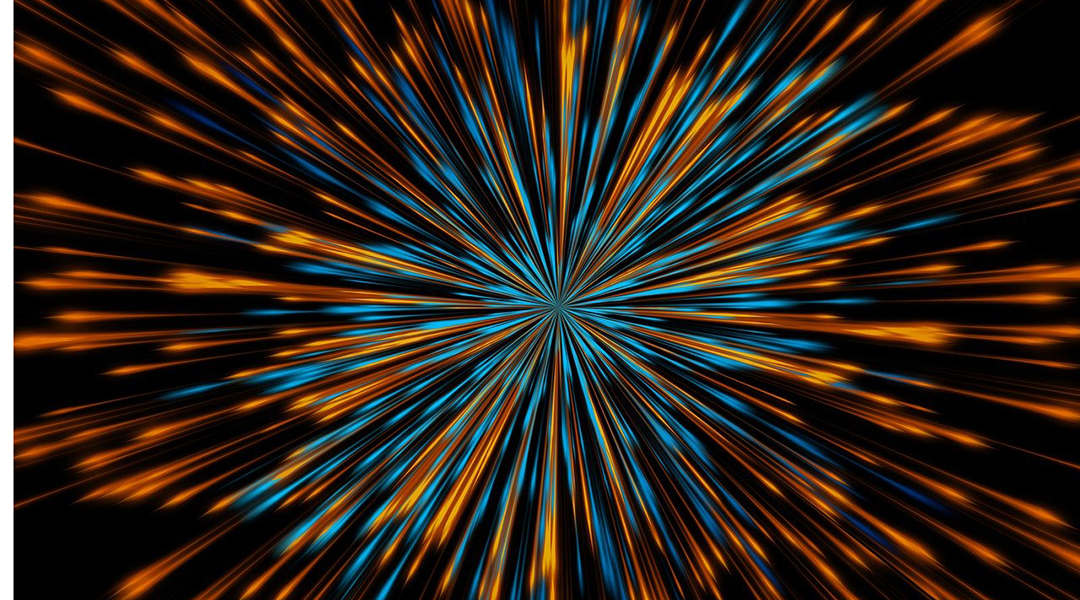
Enhanced experimental precision has the potential to either confirm or dispel uncertainties surrounding the Standard Model of Physics.
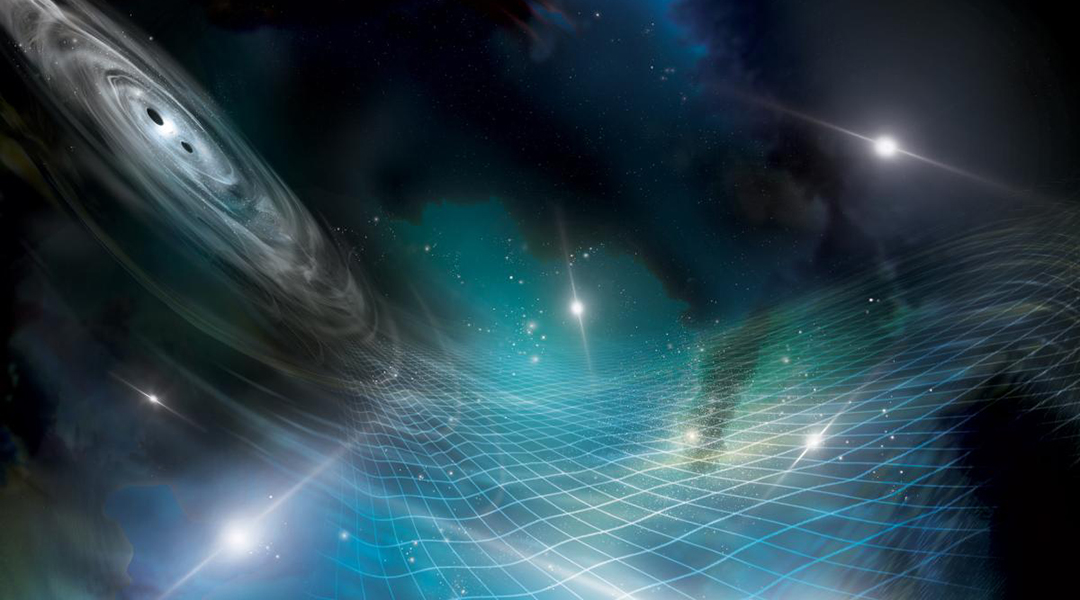
The universe is ringing with gravity, but humanity is only just beginning to hear the nuance of this cosmic symphony.

Manipulating light on the nanoscale allows scientists to create specific structural colors that do away with the need for potentially harmful dyes.
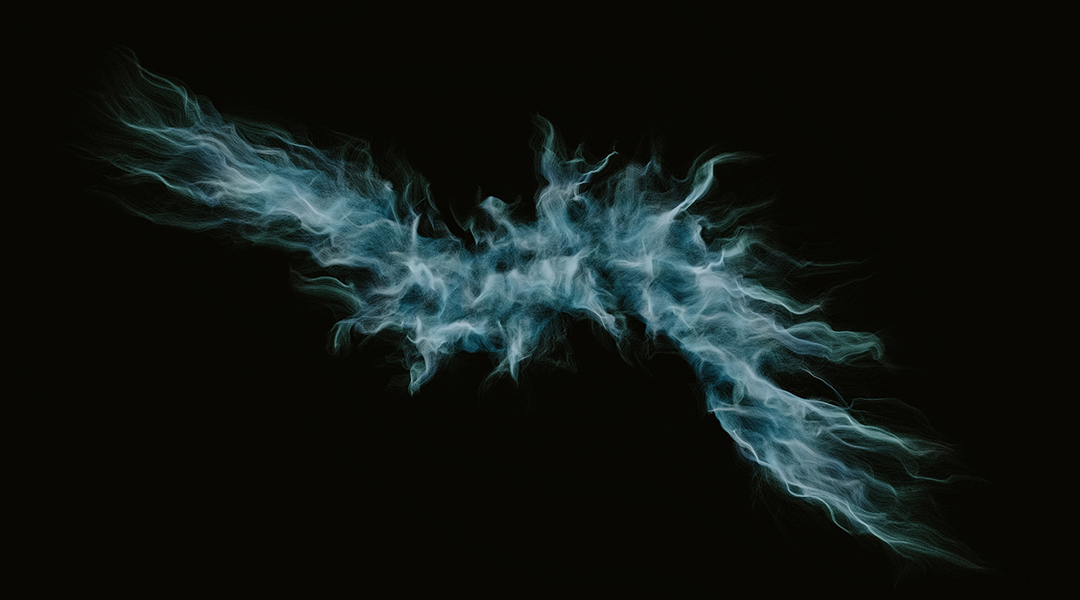
Promising candidates for efficient future electronics, researchers are exploring these exotic materials for better computer memory, hard drives, even quantum computers.
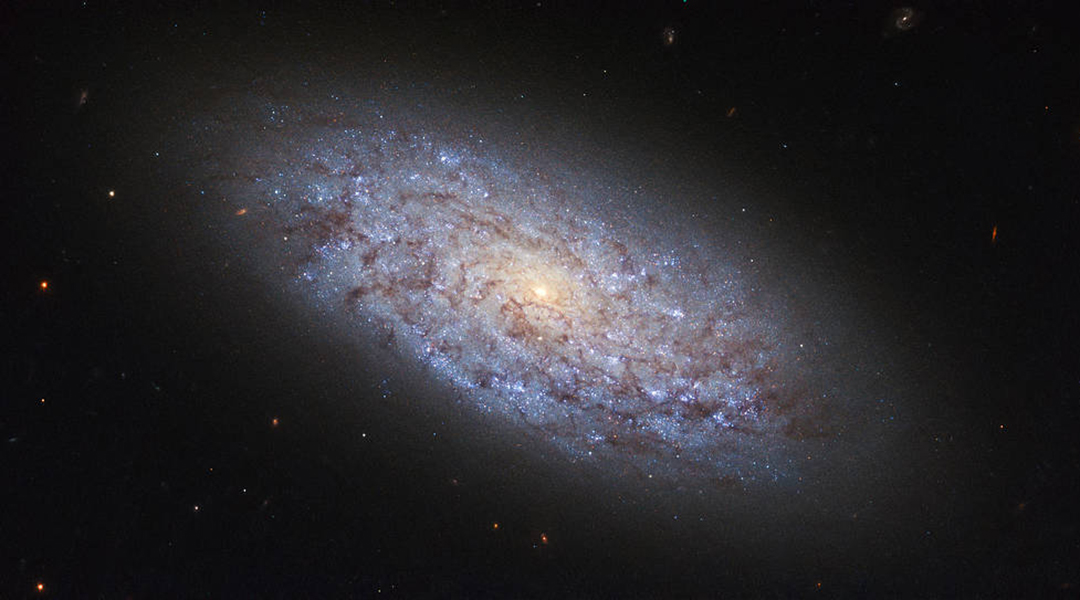
Using the galactic glow of dwarf galaxies, researchers investigate a hypothetical particle called an axion as a possible contender for dark matter.
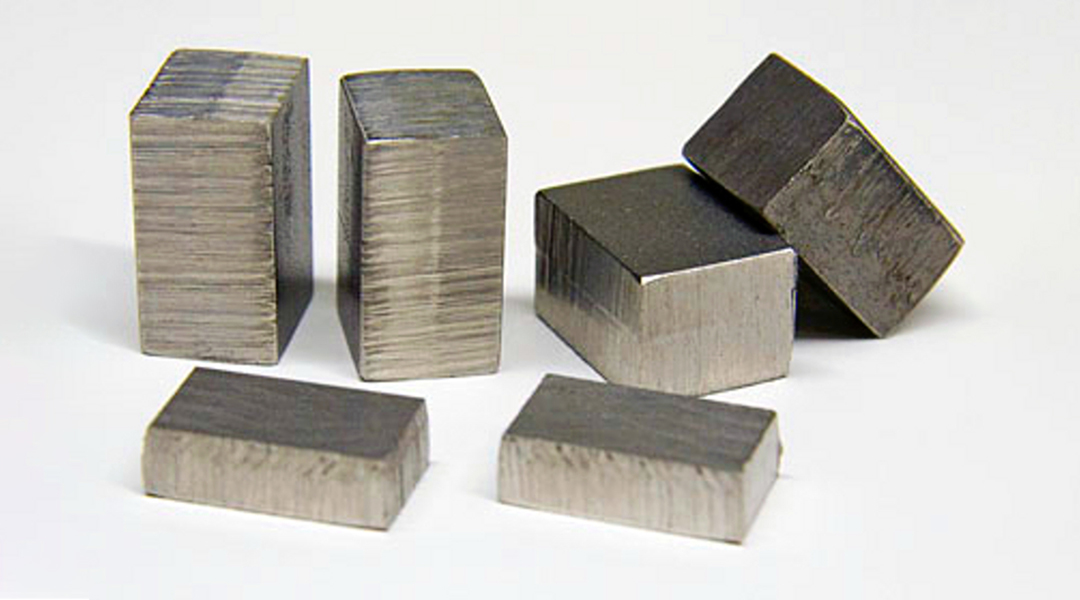
With a unique experimental setup that measures magnetism and atomic vibrations, scientists finally shed light on a unique property of Invars, which don’t expand when heated.
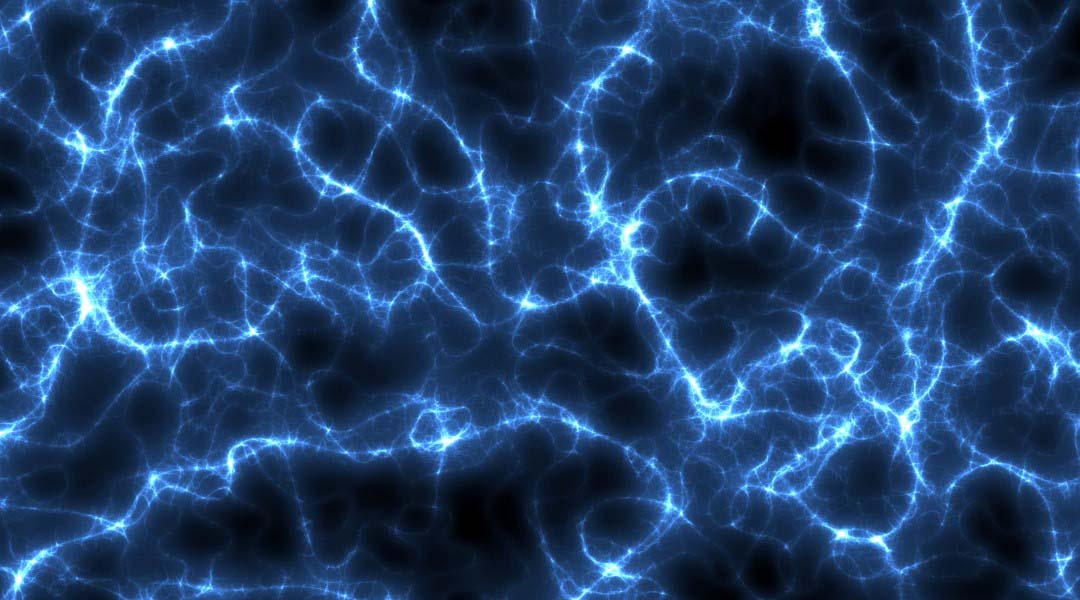
For fusion reactions to become practical, parameters such as plasma density and shape must be monitored in real time and impending disruptions responded to instantly.
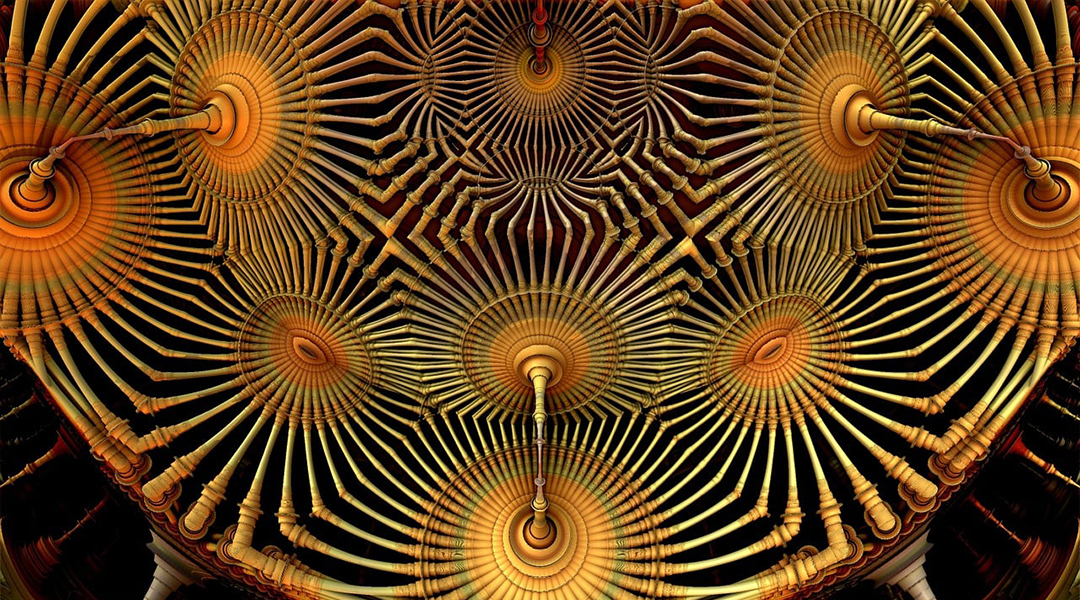
A new type of superconductor may just be what physicists have been searching for over the past 40 years.
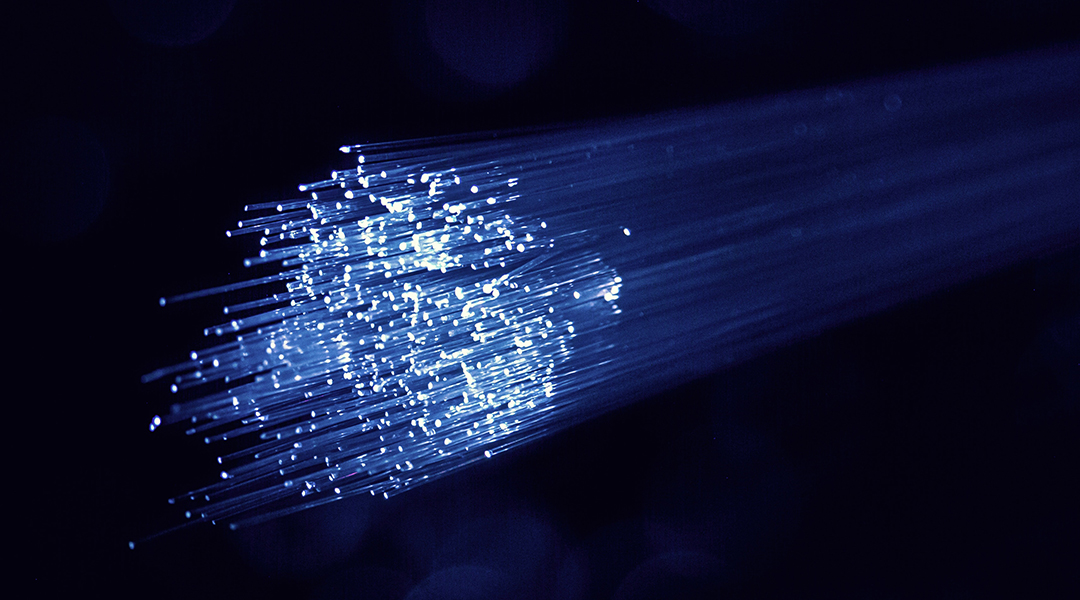
Quantum key distribution is the only way to ensure an absolutely secured connection protected by the laws of quantum physics.